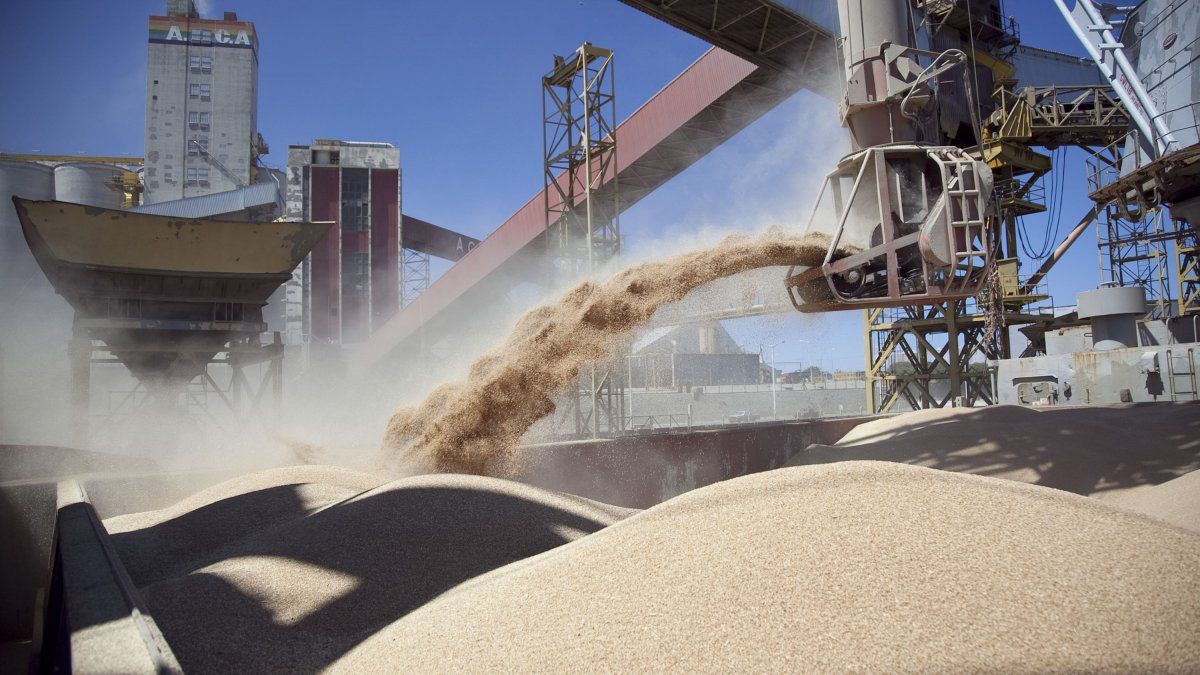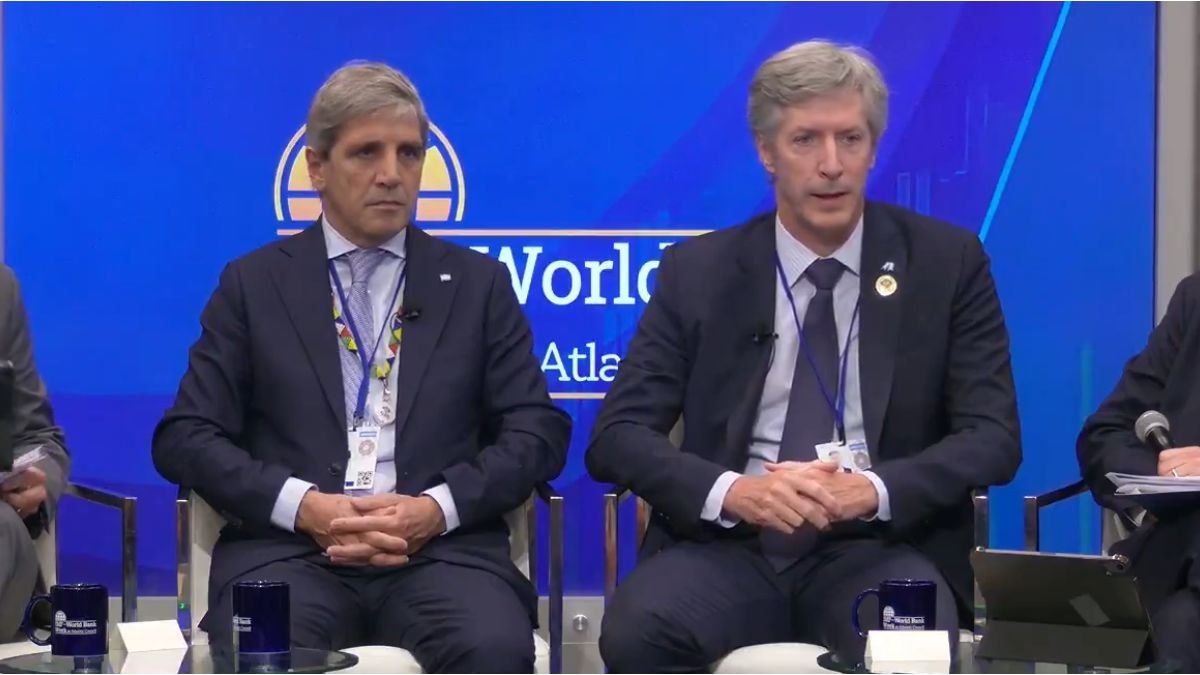The North American firm reached an agreement to keep the share package and the assets of Glencore’s agricultural division. This operation will have a strong impact on Argentine agribusiness.
Exports of grains and by-products from Argentina have shown a high concentration for decades, with just five companies accounting for more than 60% of shipments, according to official data from the Ministry of Agriculture regarding grain shipments in 2022. More specifically, four firms with the North American flag and the Chinese company Cofco are at the forefront, but from the fusion of two great as they are Bunge and Viterra this segment will be in even fewer hands. According to projections, This new company would locally lead sunflower oil exports with around 60% of the total, soybean oil and meal with around 31% and grains such as wheat, barley and soybeans, with 20%, 17% and 25% respectively.
The content you want to access is exclusive to subscribers.
In the national ranking of grain exports, during 2022 Bunge was positioned fourth with 10% of the total, which represents some 6.1 million tons, behind the also North American ADM, Cargill and the Chinese Cofco. In parallel, a fact that is not minor is that Viterra, until now with Canadian capital but with the backing of the Swiss company Glencore, for several years has been the undisputed leader in exports of soybean by-products and oils because it basically absorbed the bulk of customers after the fall from grace of Vicentín, who is also his partner in the Renova grinding and biodiesel plant.


Viterrawhich in Argentina operates under the company Oleaginosa Moreno, exported a total of 5.8 million tons of by-products last year, accounting for 20.7% of the total which was 27.9 million tons. Something similar happened with oil shipments since Viterra was left with around 28.9% of the shipments. In both cases this phenomenon is explained because Viterra works hard at the Vicentín plants.
In any case, from now on after the merger of two giants such as Bunge and Viterra, the first reading is that North American companies will definitely be the undisputed leaders in the Argentine grain export business which in practice is the one that contributes the most foreign currency to the country with around US$40,000 million last year.
Some time ago, China Cofco had positioned itself as the first in shipments of unprocessed grains, but as of 2020 it ceded its place to the North American Cargill. For its part, in the segment of oils and by-products until 2020, Viterra fought hand-to-hand with Vicentín, of national capital, but the truth is that with the default of the second, the Canadian ended up absorbing a large part of its operations and even its milling capacity, since part of its plants are kept active with free-for-all contracts. Local firms such as Aceitera General Deheza (AGD) or Molinos Agro, the agro-industrial arm of the Pérez Companc family, appear quite behind in this business.
In this context, the Argentine National Commission for the Defense of Competition has not yet received a formal communication regarding the merger, but the truth is that the companies have one week from the closing of the agreement to do so. In any case, as they indicated, the case will be put under study to determine the scope of the merger. At this time, there is speculation about the possibility that the new company should divest locally in some assets so as not to exercise a monopoly, especially in the by-products segment.
Under the terms of the agreement, which was unanimously approved by the Bunge and Viterra boards of directors, Viterra shareholders would receive approximately 65.6 million Bunge shares, with a total value of approximately $6.2 billion and approximately u $2.0 billion in cash, representing a consideration mix of approximately 75% Bunge shares and 25% cash.
According to the statement, as part of the transaction, Bunge will assume $9.8 billion of Viterra’s debt, which is associated with approximately $9 billion of highly liquid, readily tradable inventory. The merger is expected to close in mid-2024.
Source: Ambito




